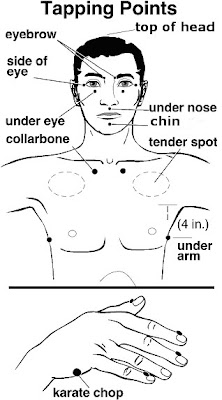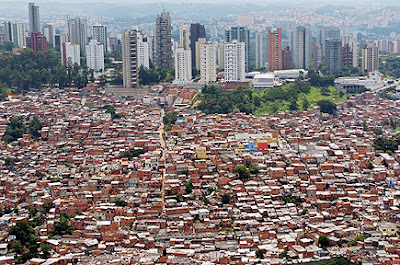"There is one pharmaceutical industry salesman for every three doctors prescribing drugs. The pharmaceuticals manage lists that classify doctors into what you might call Aristotelian categories in terms of what kind of professionals they are: whether they are easy to influence, whether they talk with their patients a lot. There's a whole new industry selling clinical data about how doctors practice so that pharmaceuticals can approach them more efficiently. With things at this level, one can talk about a conspiracy." (Translations: DC)
"The commercialization
of medicine is a very curious process. In the first step, pharmaceuticals pay
famous people not to promote a medicine, but to say they suffer a disease.
Ricky Williams, for example, a player with the Miami Dolphins, received a pile
of cash to say on Oprah Winfrey that he was shy. No company is going
to promote a disease unless they have a cure ready to sell afterwards."
"In the
middle of this decade it became evident that patents for the principal
anti-depressants, which enjoyed extraordinary high sales, were about to expire.
The marketing departments of pharmaceutical companies decided –all the historians
coincide on this– to put money into bipolar disorders: congresses,
scientific articles… You have to keep in mind that research is financed mainly
by the pharmaceuticals. This lead to a gradual expansion in the diagnosis
and to the sale of traditional anti-epileptic drugs, which now have new
patents for treating these so-called bipolar disorders.
"The epidemic of depression which we saw in the 90s, in turn, was produced by the collapse of tranquilizers. In the 70s, the market for anxiolytics or anti-anxiety drugs was enormous. When the negative effects of their regular use became widely publicized, marketing money went into the market for depression. People who had been diagnosed as suffering anxiety received a diagnosis of depression. Now, 25% of depressed patients are being re-diagnosed as bipolar."
"There is a difference between being crazy and becoming crazy. Between having a psychotic mental structure, which a lot of people have, and having a truly active psychosis. Once you've made this elementary distinction, defined by psychiatry in the 19th century, a whole new path opens up in therapy. You have to ask yourself what allows all these people to lead stable lives. I don't believe in categories of mental health or mental illness. Mental health doesn't exist. When people do terrible things, sometimes it turns out that they are very sane. What then is mental sanity? We should eliminate the distinction between mental health and mental illness, and see people in terms of mental structures. Which don't have to be labeled in order to obtain help."
Pablo Guimón
"Hay que eliminar la distinción entre salud y enfermedad mental"
El País, Sunday, February 22, 2015. Section Domingo, p. 6






































